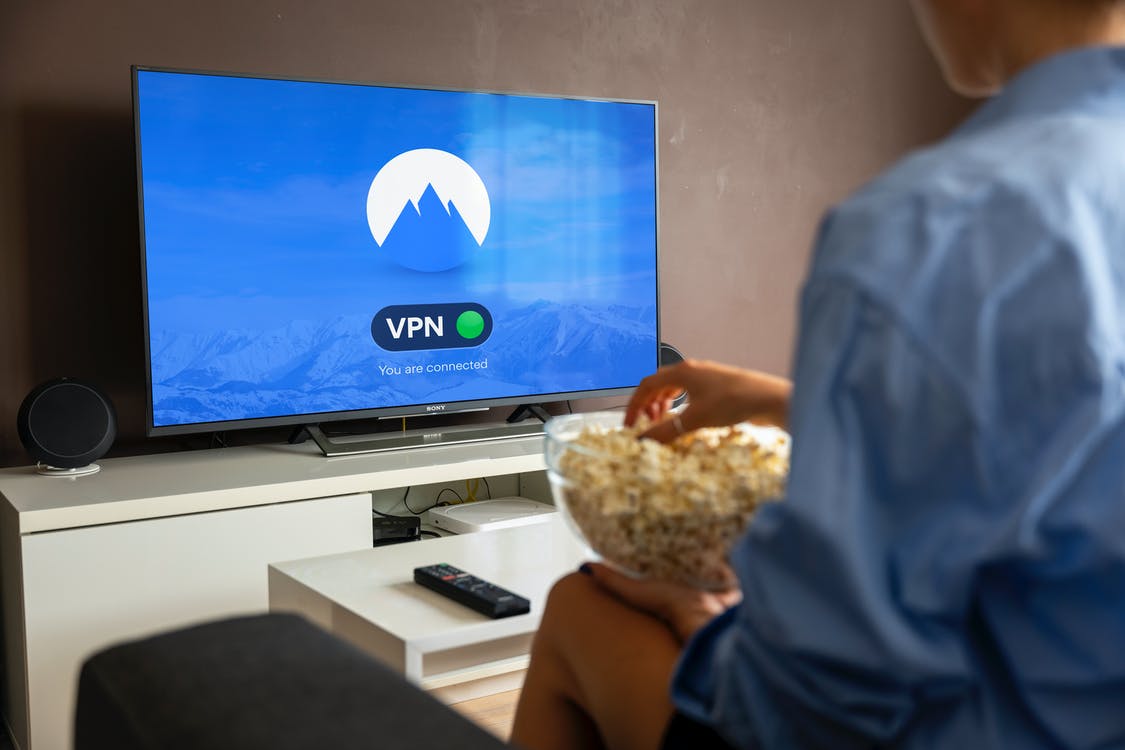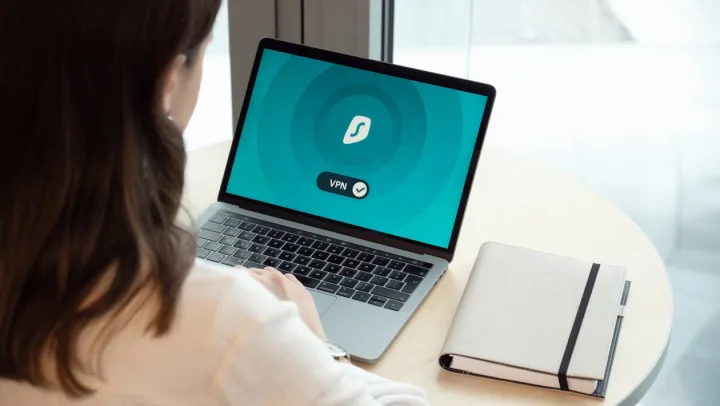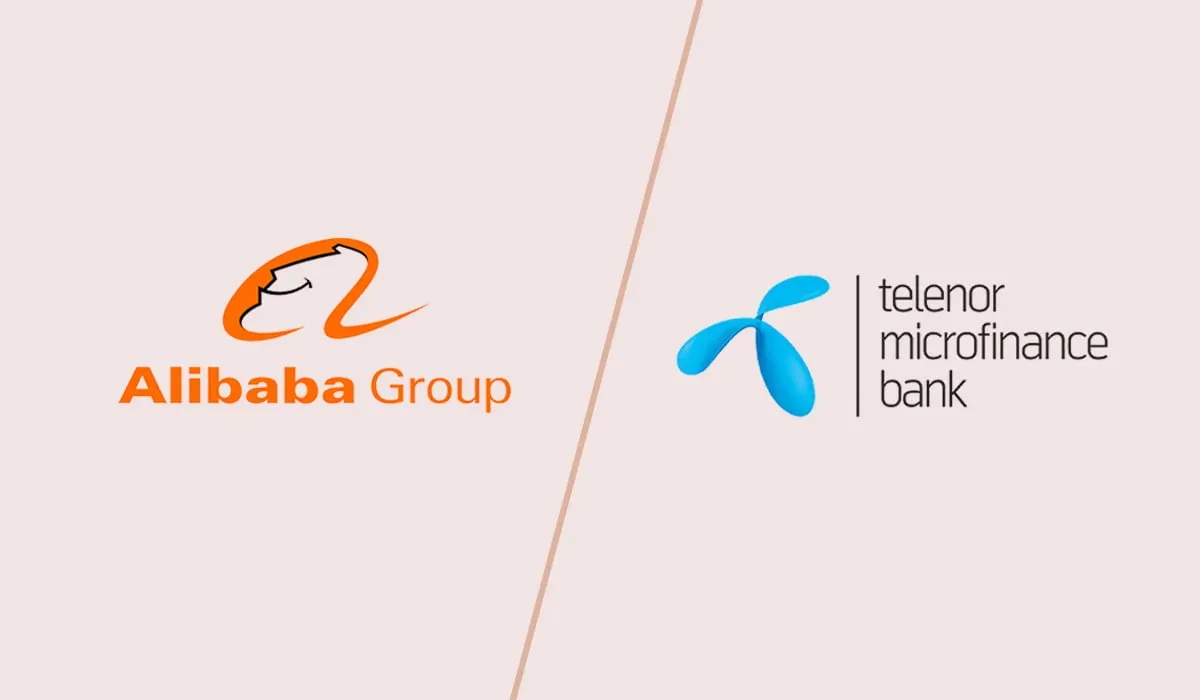A lot of misinformation is bandied about VPNs. Some of it is deliberately seeded to give you bad advice. Yes, we are serious. Who is the guilty party, you ask? The VPN sellers themselves. However, in most cases, it’s a poor understanding of all things internet, which gives rise to these VPN myths.
Today, we would like to set the record straight by debunking the 3 biggest misconceptions about VPNs. After reading this post, surely many things will become clear to you, and you’ll be able to make better-informed decisions when shopping for — or using — a VPN service.
Myth #1: VPNs make you 100% anonymous online
That isn’t true.
Total web anonymity is virtually impossible to achieve. There are simply too many moving parts to control. A VPN (or any other tool for that matter) can’t put a lid on them all.
Take the example of ISPs. Your ISP can see when you are online or offline. No VPN can prevent them from doing so. They can log your internet connect and disconnect time. They can still track the volume of data that is transferred to and from your device.
This isn’t 100% anonymity.
Unfortunately, many VPN providers market otherwise. In 2017, when the Australian government introduced the Data Retention Bill, people started having concerns over their online privacy. Some VPN companies capitalized on these fears and exclusively advertised their products as fail-safe solutions. As a result, they managed to sky-rocket their sales overnight.
Even the best VPNs for Australia can’t help you beat the country’s data retention laws. However, what they can do is, they can stop telecommunication providers from overstepping their limits in the name of the law and covertly spying on you. That should be your expectation when using a VPN service.
Myth #2: A VPN significantly reduces your internet speed
This one is partially true by the way. VPNs do slow down your internet. But the drop in speed isn’t anything significant. Generally speaking, if you use a top-tier VPN service, the deviation is marginal, typically in the range of 5%–15%. Not shabby at all. The problem comes in when your internet is inherently slow. That’s when your experience may get compromised. So, it’s more about the quality of your connection than the VPN itself.
However, there are instances when a VPN can actually improve your download speed.
Some ISPs practice bandwidth throttling, where they intentionally (and selectively) turn down the network speed for certain types of traffic. They track your activities, and if they find them highly resource-intensive, they put your connection on a slow burner.
Since VPNs have the ability to encrypt what you are doing, your ISP is unable to analyze and identify your traffic for throttling. That way, you never have to face “manufactured” speed problems again.
Myth #3: Try out free VPNs – they are good!
You find these types of adverts and comments all over the internet. Want to watch Netflix? Try this free VPN; it’s great for streaming. Hey guys, I’m traveling abroad and need good VPN recommendations. Can someone help? Don’t pay for a VPN service. I use this free VPN, and it works fine for me.
We understand the pull of “free.” Free stuff is good. It’s love. You don’t have to pay anything for it. But in the case of VPNs, the free versions are bad and not recommended at all. Unless you don’t have any other option, stay away from free VPNs.
A VPN is a sophisticated piece of technology that requires continuous input of resources to maintain high performance. If you talk about just streaming, VPN companies need to update their servers regularly to avoid IP detection issues. Move the cursor to security-based applications, and things get even more serious.
Do you really think a free VPN can deliver the results you want it to?

And that’s not even the main point of the complaint here.
Free VPNs are known to carry malware, which can harm your system. Some free VPN providers even sell your data to third-party services to keep themselves afloat. What’s even the point of using a VPN that deliberately breaches your online privacy? None. Zilch. Nada.
So always use a paid VPN service. If you still want to use a VPN for free, get a premium VPN that offers an unconditional money-back guarantee. Use the service, and when you are finally done, simply cancel your subscription and get a full refund.
Wrapping up
VPNs get a lot of unfair hate. But most of the bad part is not really on them. It’s more to do with the poor understanding of how they work and what they are capable of doing. If you use a VPN the right way, respecting their limitations, they can be great, fun, and private.





if you want privacy, then go straight to the utopia ecosystem. VPN outdated.